Against the backdrop of high inflation rates and geopolitical uncertainty, states are increasingly enacting measures that encourage saving in precious metals and even using gold and silver as money.
With five bills signed into law in 2023, sound money reforms are gaining momentum across the United States.
Money Metals Exchange’s Sound Money Defense League project has emerged as an influential force, actively engaging in legislative battles by prompting intense grassroots support, drafting legislation, recruiting bill sponsors, and providing expert testimony directly to lawmakers.
Twenty-five states considered fifty pieces of legislation this year aimed at ending taxes on monetary metals, strengthening state finances by investing reserve funds in physical gold, establishing in-state depositories, and more.
The 2024 Sound Money Index, published by Money Metals Exchange, provides a full rundown on how each state stacks up in this important policy area.
Ending Sales Tax on Gold and Silver Is a Winning Issue
The vast majority of states have now eliminated taxes on the purchase of precious metals.
In 2023, Mississippi became the forty-third state to do so, following the recent examples set by Ohio and Arkansas in 2021 and Tennessee in 2022.
That leaves just seven sales tax states: New Mexico, Hawaii, Wisconsin, Kentucky, Maine, New Jersey, and Vermont.
Of these seven states, five considered legislation in 2023 to end the tax.
New Jersey hopes to become the forty-fourth sales-tax-exempt state. Assembly Bill 5294 passed unanimously through the state Assembly by a vote of 74–0, and a Senate committee unanimously passed the bill this week.
Meanwhile, Money Metals leaders collaborated with legislators in Wisconsin to introduce Assembly Bill 29 and Senate Bill 33. These measures have garnered support from twenty-four cosponsors representing both sides of the aisle with a hearing expected soon.
The Alaska state House passed House Bill 3, the bill seeking the end to borough and city sales taxes on sound money. The measure will be considered by the Senate when the legislature reconvenes in early 2024.
In Kentucky, Representative Steven Doan sponsored House Bill 213 as a single-issue bill, but Republican leaders insisted on incorporating the language that would end sales taxes on precious metals into a broader bill covering multiple topics.
Despite broad support in the House, Senate leaders specifically removed the sound money provision, thwarting the effort in 2023.
The most contentious sound money battles of 2023 unfolded in Augusta, Maine, when Senator Eric Brakey introduced Legislative Draft 1051 to end sales taxes on gold and silver purchases.
The bill passed 17–15 out of the Maine Senate. On the House side, it received two favorable votes. However, Democrat majority leadership pressured its members, ultimately flipping enough votes to defeat the bill 71–72 during the final vote.
And finally, Vermont lawmakers introduced House Bill 295 to end the sales tax on sound money . . . as did lawmakers in Minnesota. But neither received a…



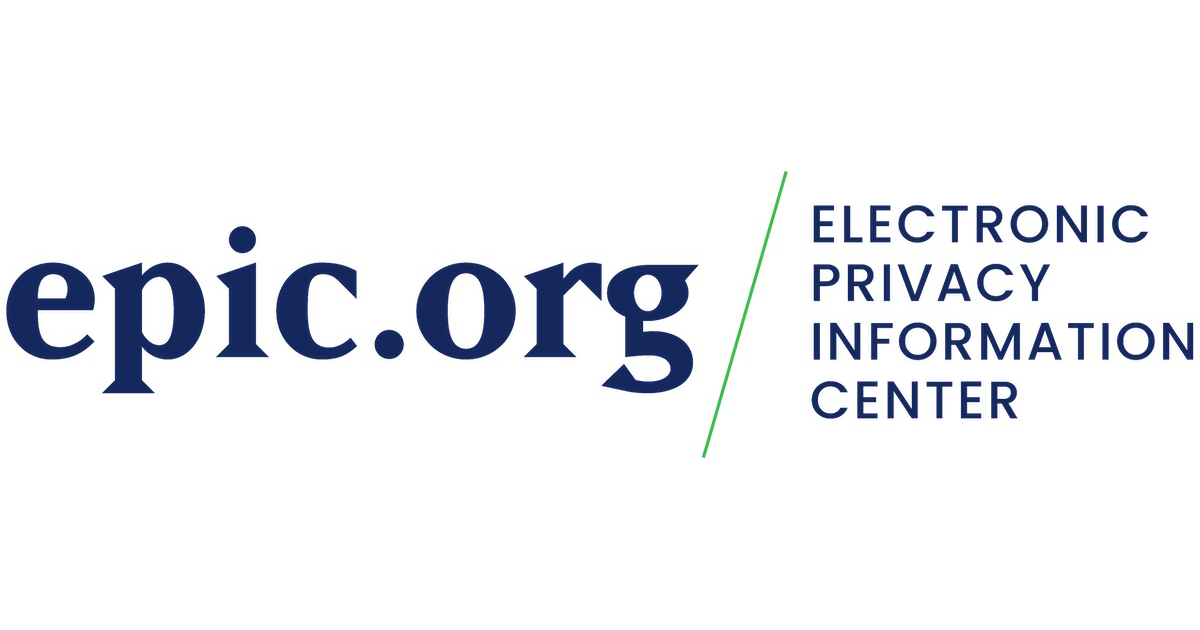

 courtesy of Chelsea Green Publishing
courtesy of Chelsea Green Publishing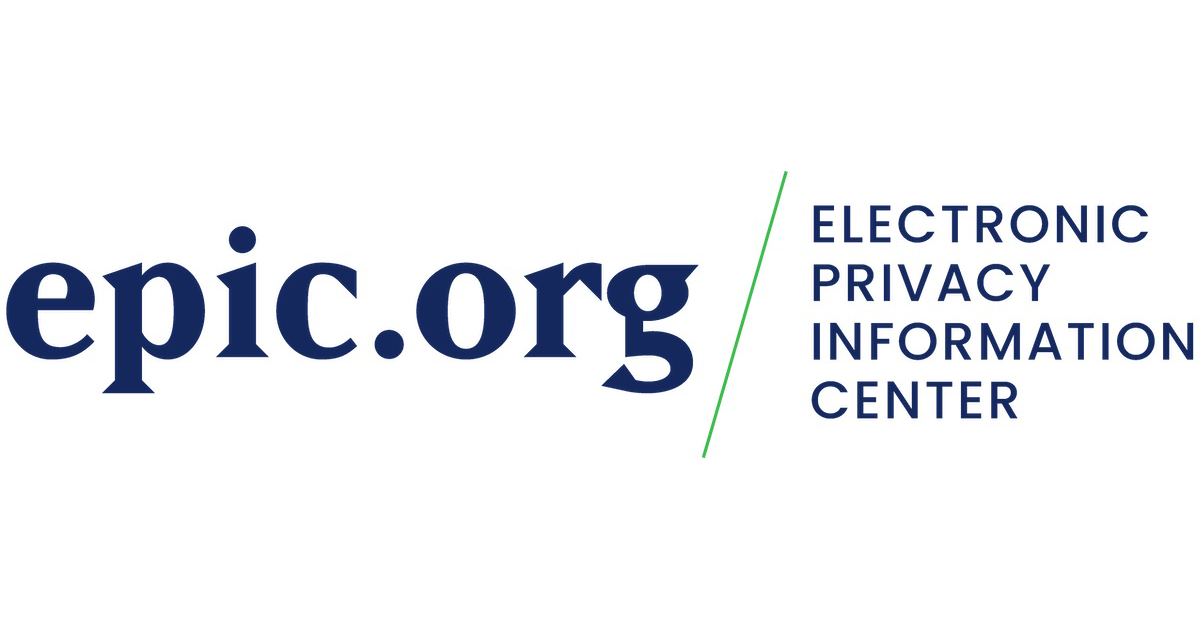
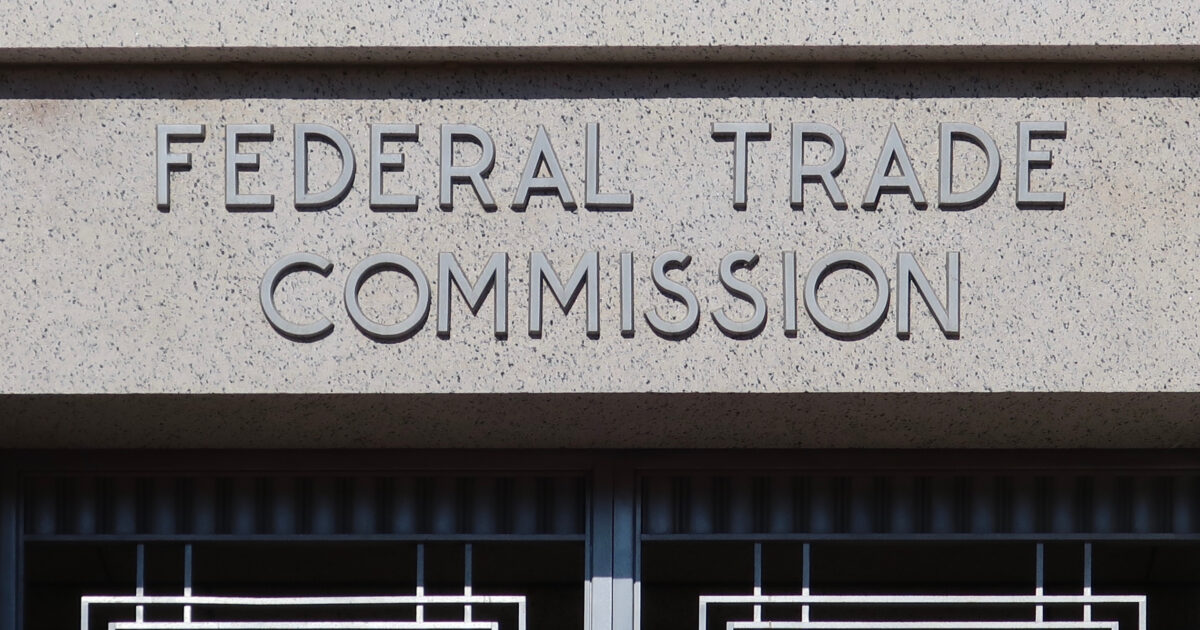

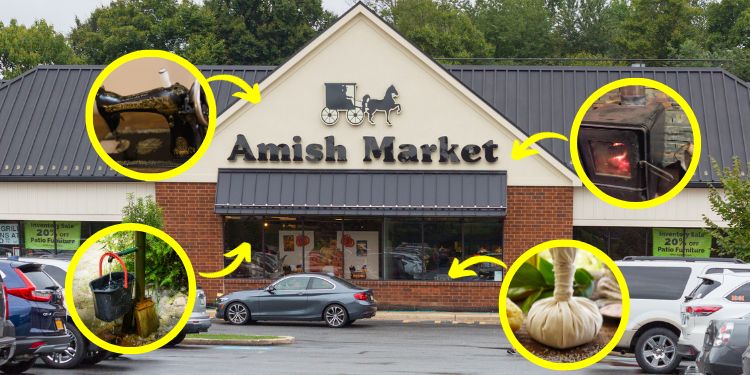
 In an emergency, access to food is essential.
In an emergency, access to food is essential.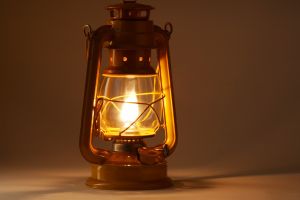 If your power goes out, or you don’t have power to begin with, you need a source of light.
If your power goes out, or you don’t have power to begin with, you need a source of light.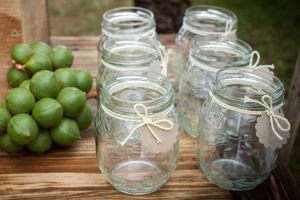 Mason jars are a supply item that can be used for a variety of purposes.
Mason jars are a supply item that can be used for a variety of purposes.